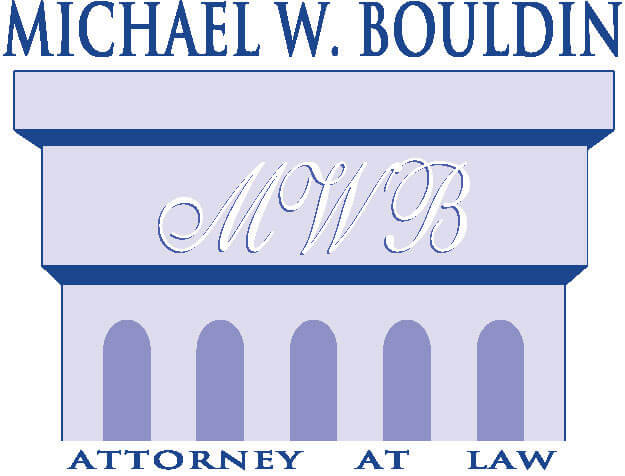In the US typically each party is responsible for their own attorney fees. There are numerous exceptions and it varies greatly depending on the type of case.
- Criminal cases and DUI Defense. The only time you may not have to pay for an attorney is if you are appointed a public defender. Public defenders are appointed if the Defendant does not have financial resources and is facing possible incarceration. In most cases the Defendant will choose to hire independent counsel, regardless of their financial resources. Criminal defense attorneys set their own fees and rates. Fees are often a fixed retainer based on the charges, but may include additional charges for hearings, trials, and trial expenses (including expert witness fees). In Kentucky, a defendant’s bond may be used for a portion of the legal fees if it is assigned to the attorney. Most fees are based on the level of charge, expertise required and experience of the defense attorney.
- Estate Planning. Most estate planning and probate fees are done on an hourly basis. The individual pays for the estate planning while the estate generally pays any probate fees and expenses.
- Family Law Cases. The court may apportion division of attorney fees in a divorce, but generally each side pays the initial fees to their separate attorney. With the exception of contempt, each side will pay their own attorney fees for custody, child support, EPO/DVO, and other domestic cases. Attorneys do charge an initial retainer and bill an hourly rate.
- Personal Injury/Medical Malpractice. In the majority of auto accidents, medical malpractice, and personal injury cases the attorney will receive a percentage of the settlement or trial verdict. This is referred to as a contingency fee case. Generally a one-third (1/3) fee is used for auto accidents. Medical malpractice is often more, due mainly to the complexity and costs necessary to pursue the action. The costs of getting physician expert witnesses is often paid by the attorney initially and then reimbursed once the case is settled.
- Bankruptcy. This office does not handle bankruptcy cases. Other firms generally charge a retainer. Monthly billing may be available for certain types of cases.
- Expungements. Most expungements are a fixed fee set by the attorney. Separate fees for misdemeanors and felony expungements.
- Contract Litigation. Unless the contract provides for payment of attorney’s fees, each side will be responsible for their own fees. This is reason for small claims courts as the attorney fees may exceed the value of the claim for smaller cases.
- Consultations. Every attorney has how they charge for consultations. Some do free consultations, especially for personal injury and other contingency fee cases. A phone call may be appropriate for a criminal defense and an hourly fee is generally applied to custody or divorce consultations. Our office does charge an hourly fee for most consultations.
If you are in need of an attorney, please call 859-581-6453 for questions relating to expenses, retainer and representation. You may also email [email protected] or use this contact form.

